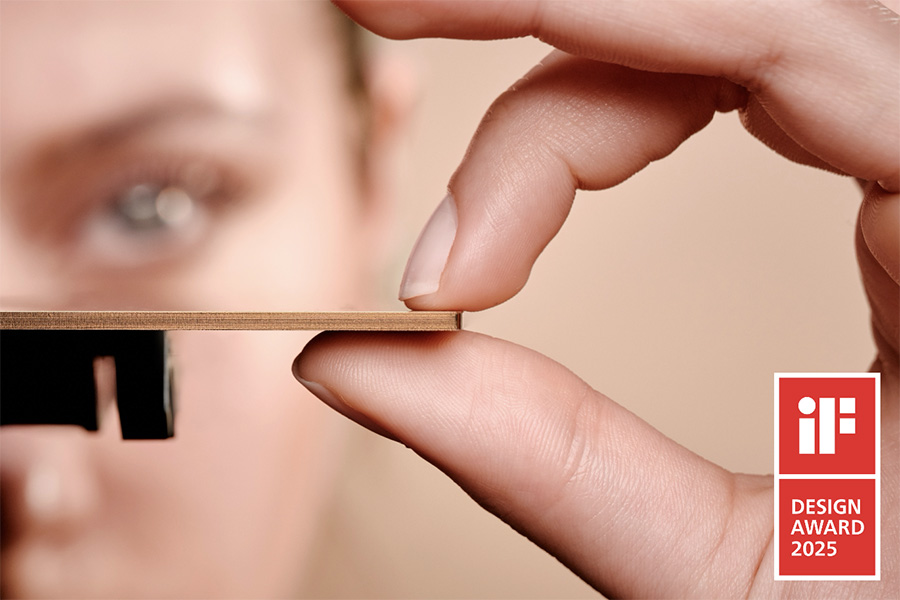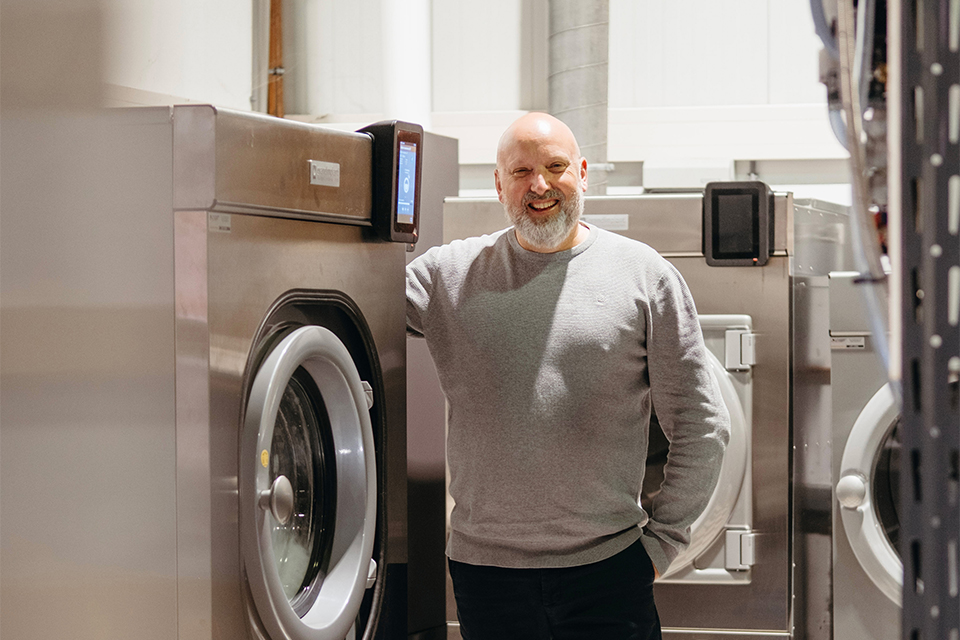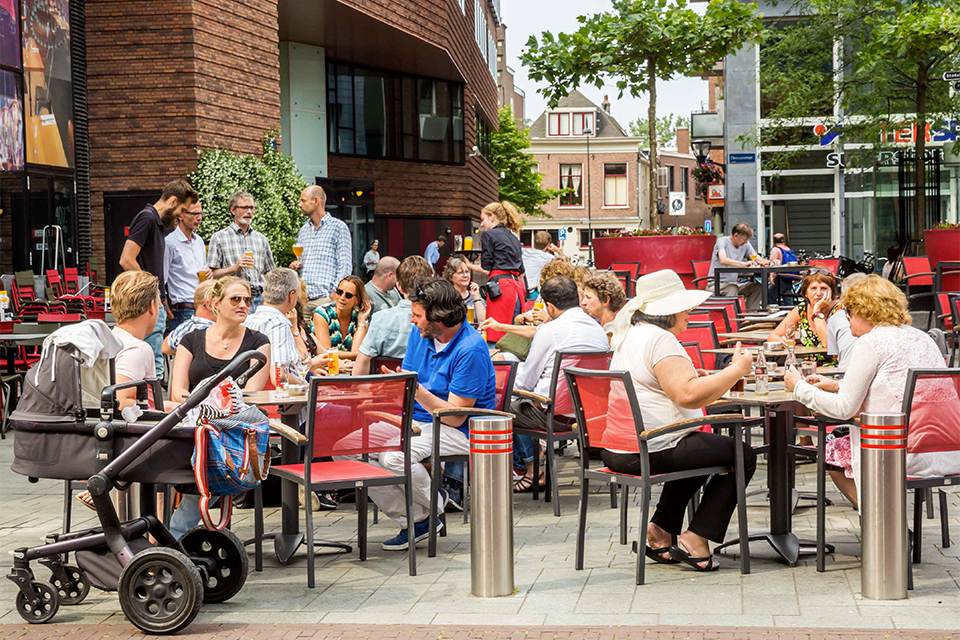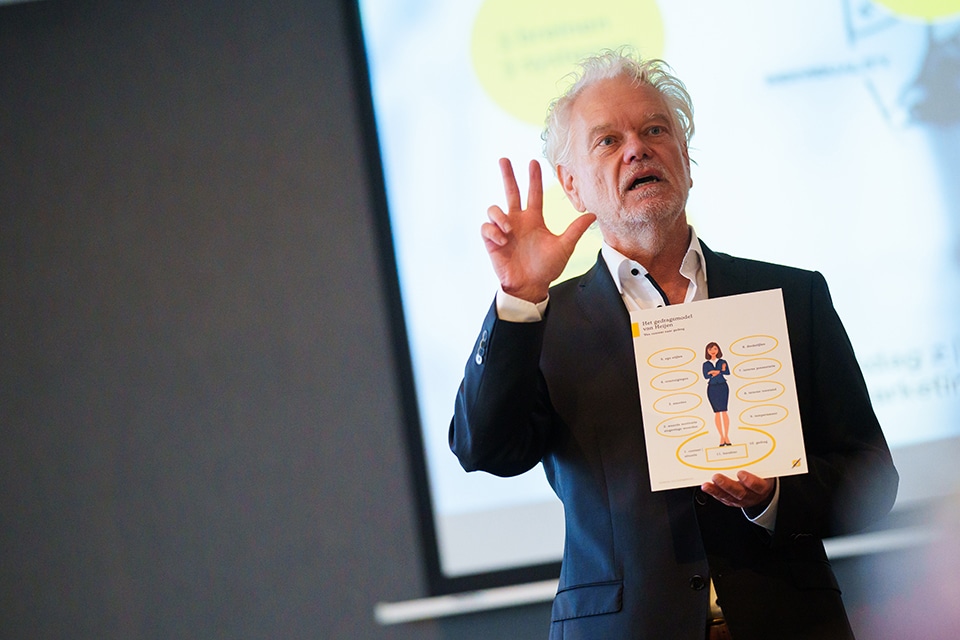
Hein Heijen: The importance of neuromarketing
'Every hotel needs to tell a good story to win over guests'
Hein Heijen has been a specialist in neuromarketing and influence psychology for 30 years. He is a personal trainer, gives lectures but also writes books on the power of influence. "I teach entrepreneurs to penetrate the brain of guests so that they experience a positive feeling with the product or service."
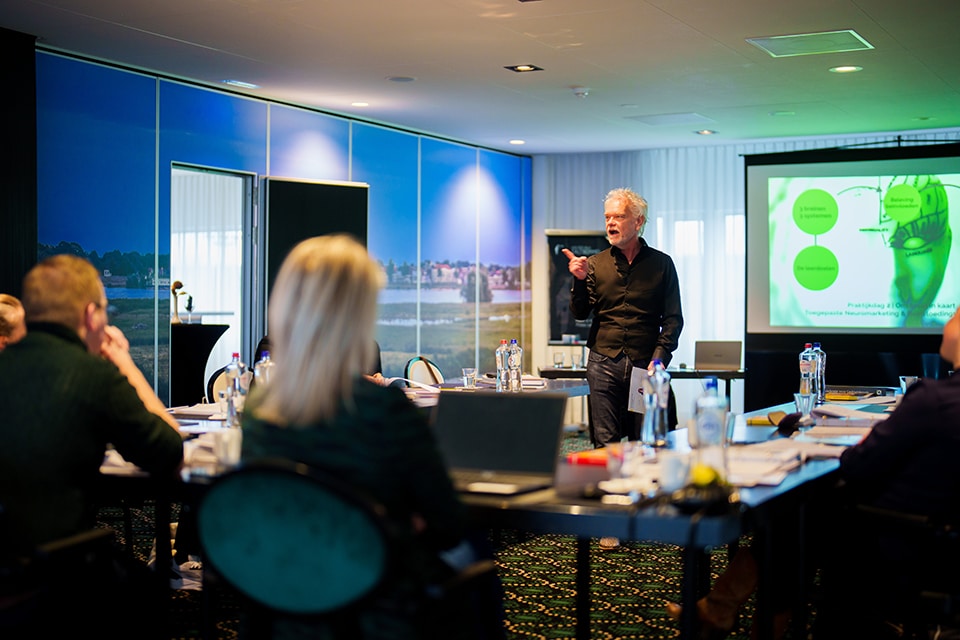
Human beings are choice machines, making decisions all day long. We do not learn the processes that take place in the brain in school. While it does determine the course of action. Economics says: man is a rational being who acts completely consistently. According to psychology, everything revolves around emotion and the basic position is: man is not rational.
Conscious and unconscious
So there are two systems going on in the human brain. The unconscious and the conscious. Heijen: "Man does not have to think in order to see, but he can think about that which he has perceived with the senses. System two (the economy) involves reason, logic and rationality. This is what I started exploring using neuromarketing. The hospitality and hotel trade can benefit immensely from getting customers to make certain choices. Unconsciously. Because that's how humans choose first. And so not consciousness. That only thinks about it afterwards. Big companies like Ikea, Coca-Cola and McDonalds play on this perfectly. Their approach is pure marketing. They ensure that a conscious signal is converted into an unconscious choice."
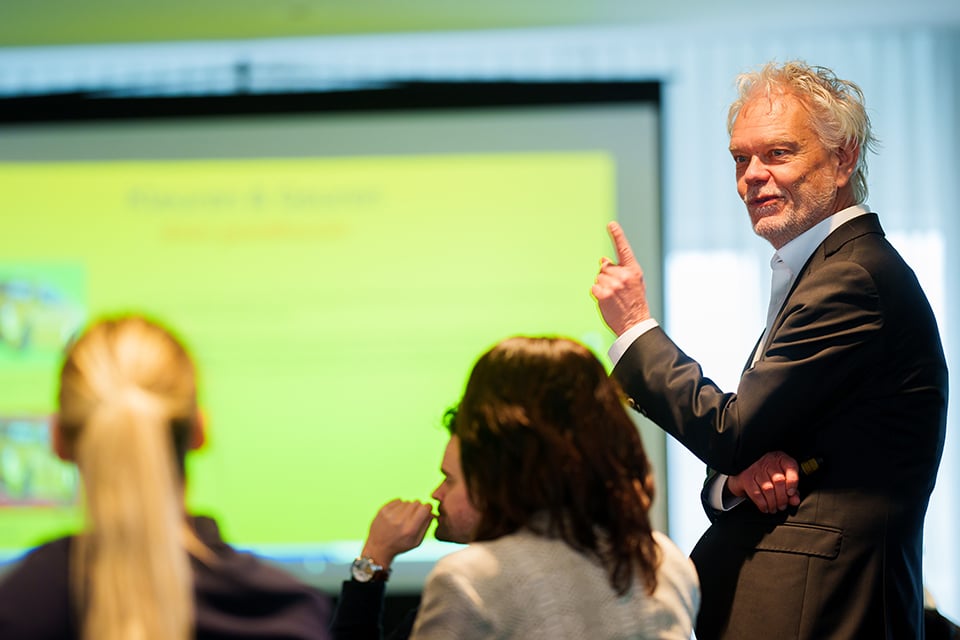
Five building blocks
The context in which humans find themselves activates automatic behaviour; that is, the environment in which we engage. Five building blocks create that context. "This is where it gets interesting for entrepreneurs in the hospitality industry. Humans respond first to the physical environment: smell, colour, sound, light. The second building block is the physical, such as materials and shapes: stone, wood, iron, fabric. The third is statistical: numbers. Temperature, decibels, income. The fourth building block involves questions like: who am I in this hotel or restaurant with? With friends, partner, colleagues? The fifth building block is culture. Where are you? Africa, Asia, Limburg, Zeeland. When that is clear, the entrepreneur can correctly turn the knobs."
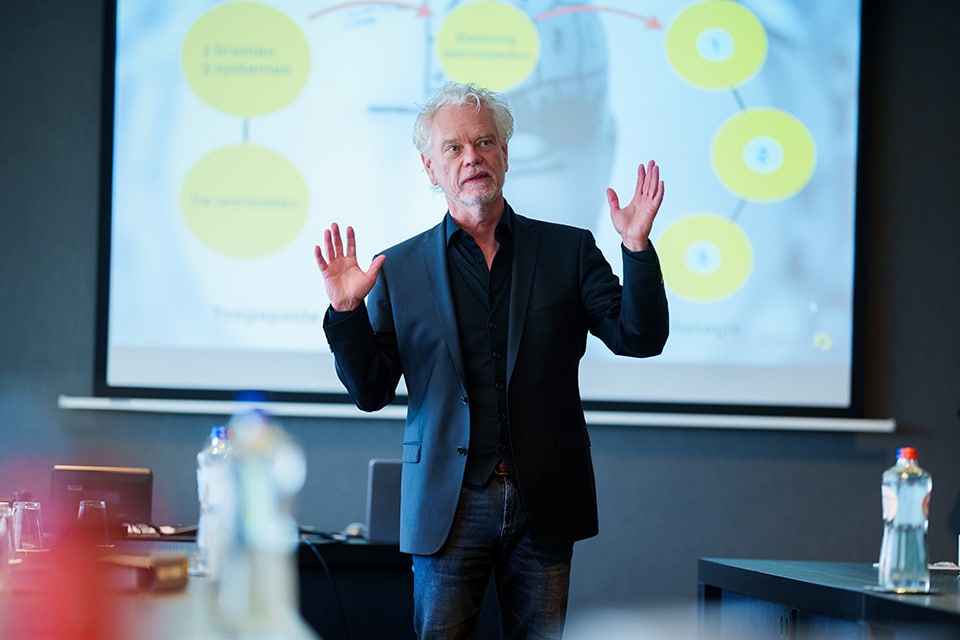
WMZ words
In addition, according to Heijen, there are three categories of WMZ words (Value Motivation Meaning Words) that are important for pleasing guests. First, the universal ones (freedom, safety, health, flexibility and intimacy). During the corona pandemic, these were not present. Not safe, no freedom et cetera. The second group are situational values such as professionalism, clarity and clarity. The third category are personal WMZ words. These arise in the first stage of life. Was the family full of peace, regularity and love or was there a lot of aggression and issues. "Do you get those WMZ words satisfied then the restaurant, hotel or dinner is valuable. Do you feel no security, cosiness or warmth then the context is worthless and creates psychological emptiness. At Heineken, they understand this perfectly. They say: 'We don't sell lager. We offer cosiness.' By selling the WMZ words, guests get attached to the company, service or product."
Sensory marketing
An entrepreneur must also know what the target group is. Each group looks for the environment that best reflects their own living environment. Heijen: "If you want to exude luxury, you communicate about the expensive steaks. The target group identifies with the communication. If a restaurant uses sea sounds, then the guest who eats fish experiences his dish as tastier. That is sensory marketing. Sound co-determines taste. But what you see also determines what you taste. Hotels and other catering establishments can make use of certain smells and sounds because they determine how to evoke quality. Smell is the most underrated but most powerful attraction element. At Van der Valk, they make excellent use of it. Each season of the year has its own scent, which is applied in the hotels in an unobtrusive way."
Heijen believes that an entrepreneur does not sell a product or service, but a story. What do you want to tell? The entrepreneur as storyteller. "Unfortunately, entrepreneurs still don't see this enough. The whole hotel should tell a story where the guest feels comfortable. We live in an experience economy. If an entrepreneur understands that, I guarantee better sales. The customer is looking for WMZ words. And create the right environment so the guest feels at home. And don't forget sensory marketing. It's a cocktail of sensory stimuli that leads to success."
